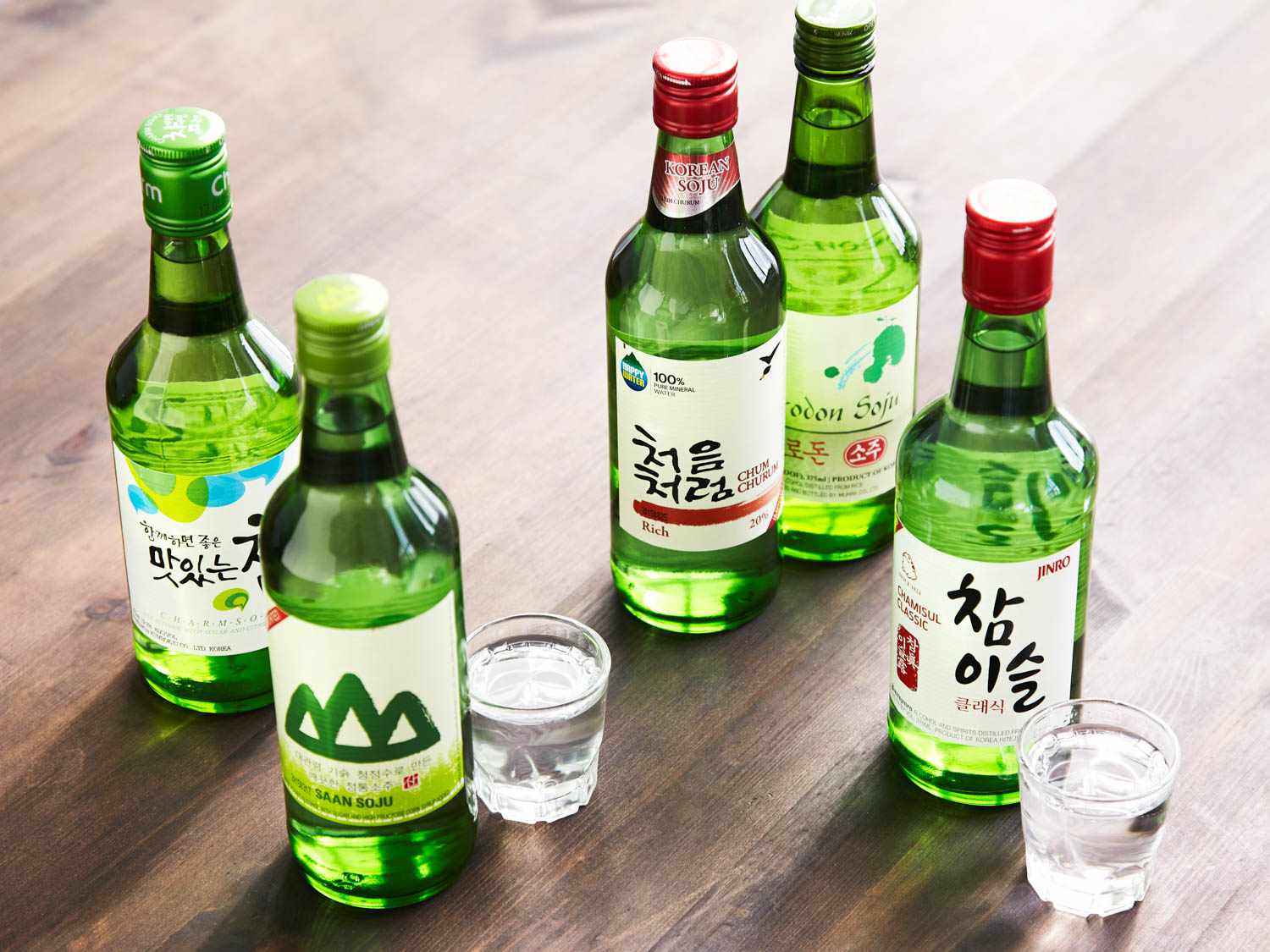

Articles
How To Store Soju
Modified: January 8, 2024
Learn how to properly store soju and keep it fresh for longer with our informative articles on the best storage methods.
(Many of the links in this article redirect to a specific reviewed product. Your purchase of these products through affiliate links helps to generate commission for Storables.com, at no extra cost. Learn more)
Introduction
Welcome to the world of soju, the beloved Korean alcoholic beverage. Whether you’re a fan of the classic Korean flavors or you’ve recently discovered this versatile spirit, knowing how to store soju properly can ensure that it maintains its quality and taste over time.
Soju is a clear, distilled liquor that originated in Korea. It is traditionally made from rice, but modern variations can be made from other grains like wheat or barley. Soju’s popularity has spread beyond Korea’s borders, making it a sought-after drink in many countries around the world.
If you’re an avid soju drinker or you’re planning to stock up on this versatile spirit, it’s important to understand the factors that can affect its quality and taste. Proper storage methods will help ensure that your soju remains enjoyable for months or even years.
In this article, we will explore the various factors to consider when storing soju, the best methods for storing both opened and unopened bottles, and even touch on the topic of homemade soju. So, let’s dive into the world of soju storage and make sure you’re getting the most out of your beloved drink!
Key Takeaways:
- Proper storage of soju is crucial to maintain its flavor and quality. Factors like temperature, light exposure, and air contact play a significant role in preserving soju’s integrity.
- Whether opened or unopened, storing soju in a cool, dark place and minimizing air exposure is key. Homemade soju requires proper containers and regular checks for spoilage to preserve its unique flavors.
Read more: How To Store Soju Once Opened
Understanding Soju
Before we delve into the specifics of how to store soju, it’s important to have a good understanding of what soju is and how it’s made. Soju is a distilled alcoholic beverage that originated in Korea and is often referred to as “Korean vodka”. It is typically made from grains like rice, wheat, or barley, and has a lower alcohol content compared to other spirits, usually ranging from 16% to 45% ABV.
Traditionally, soju was made using a single distillation process, resulting in a smoother and lighter taste. However, modern production methods often involve multiple distillations to increase the alcohol content, resulting in a slightly harsher flavor profile.
Soju can be enjoyed straight, chilled, or mixed with various flavored beverages to create delicious concoctions. It is known for its versatility, making it a popular choice for cocktail enthusiasts. Additionally, soju is often consumed alongside Korean cuisine, as it pairs well with a variety of dishes.
When it comes to understanding soju, it’s essential to know that it can come in different flavors, including the classic original flavor, fruit flavors like peach or strawberry, and even herbal or infused varieties. Each flavor may have different storage requirements, so it’s important to check the specific instructions for the particular type of soju you have.
It’s worth mentioning that soju, like any other alcoholic beverage, can degrade in quality if not stored properly. Factors such as exposure to light, heat, and air can impact its flavor and even lead to spoilage. Learning how to store soju correctly will help preserve its taste and quality for an extended period.
Now that we have a good understanding of what soju is and how it’s made, let’s move on to the essential factors to consider when storing soju.
Factors to Consider
When it comes to storing soju, there are several key factors to consider that can affect its quality and taste over time. By paying attention to these factors, you can ensure that your soju remains enjoyable for as long as possible:
- Temperature: Soju should be stored at a cool and consistent temperature to maintain its flavor. Extreme temperatures, either hot or cold, can alter the taste and potentially spoil the liquor. Aim for a temperature between 10°C and 15°C (50°F to 59°F) for optimal storage.
- Light: Exposure to direct sunlight or bright artificial light can degrade the quality of soju over time. It is best to store soju in a dark or opaque container to protect it from light. If you have clear bottles, consider storing them in a dark cupboard or wrapping them in a cloth to minimize light exposure.
- Air: Oxidation can negatively impact the taste of soju. To minimize air exposure, ensure that the bottle is tightly sealed after each use. If you are storing an opened bottle, consider using a vacuum sealer or transferring the remaining liquor into a smaller container to limit air contact.
- Position: Store soju bottles upright to prevent the liquid from coming into contact with the cap or cork. This will help maintain the quality of the seal and prevent any potential leakage.
- Flavored Soju: If you have flavored soju, it’s important to note that certain flavors may have different storage requirements. Some flavors, particularly fruit-based ones, may have a shorter shelf life and should be consumed within a specific timeframe. Be sure to check the label or manufacturer’s instructions for specific guidelines on storing flavored soju.
By considering these factors and implementing proper storage methods, you can ensure that your soju retains its original taste and quality, providing you with a delightful drinking experience whenever you decide to indulge.
Now that we’ve covered the essential factors to consider when storing soju, it’s time to dive into the specific methods for storing both opened and unopened bottles of soju. Continue reading to learn how to keep your soju in the best condition possible.
Proper Storage Methods
Proper storage methods play a crucial role in preserving the quality of your soju over time. Whether you have an opened or unopened bottle, following these storage guidelines will help maintain the flavor and integrity of your soju:
Storing Opened Soju Bottles:
- Seal the bottle tightly: After opening a bottle of soju, ensure that the cap or cork is tightly sealed after each use. This will help prevent air from entering the bottle, which can oxidize and degrade the flavor of the soju.
- Store in a cool and dark place: Place the opened bottle of soju in a cool and dark area, away from direct sunlight or sources of heat. A pantry cupboard or a temperature-controlled wine fridge are ideal options for storage.
- Use a vacuum sealer: If you have a vacuum sealer, consider using it to remove excess air from the bottle before resealing. This method can help prolong the freshness of the soju.
- Transfer to a smaller container: If you have consumed a significant amount of soju from the original bottle, it may be beneficial to transfer the remaining liquor to a smaller container. This will minimize air exposure and help preserve the taste.
Read more: How To Store Basil From Store
Storing Unopened Soju Bottles:
- Keep in a cool and dark place: Unopened bottles of soju should be stored in a cool and dark area, away from direct sunlight. Aim for a consistent temperature between 10°C and 15°C (50°F to 59°F).
- Avoid extreme temperatures: Keep the soju away from extreme temperatures, as exposure to heat or cold can negatively impact its flavor. Avoid storing it in the freezer, as the low temperatures can affect the taste and consistency.
- Store upright: Ensure that unopened bottles of soju are stored upright to minimize the risk of leakage and maintain the quality of the seal.
- Check expiration dates: Before purchasing soju, check for expiration dates and choose bottles with a longer shelf life. While soju can last for several years, it is best consumed within a reasonable timeframe to ensure the best taste.
Proper storage methods are essential for preserving the taste and quality of soju. By following these guidelines, you can enjoy your favorite Korean spirit at its best, whether you are savoring it on its own or using it as a base for tantalizing cocktails.
Next, we’ll explore the specific storage considerations for homemade soju. Continue reading to learn more!
Storing Opened Soju Bottles
Once you’ve opened a bottle of soju, it’s important to properly store it to maintain its flavor and freshness. Here are some guidelines to follow when storing opened soju bottles:
- Seal the bottle tightly: After each use, make sure to seal the bottle tightly with the original cap or cork. This will help prevent air from entering the bottle, which can negatively impact the taste of the soju over time.
- Store in a cool and dark place: Choose a cool and dark area for storing your opened soju bottles. Heat and sunlight can accelerate the deterioration of the liquor’s quality. A pantry cupboard or a temperature-controlled wine fridge are ideal storage options.
- Minimize air exposure: If you have a vacuum sealer, consider using it to remove excess air from the bottle before resealing. This will help prevent oxidation and extend the shelf life of the soju.
- Transfer to a smaller container: If you have consumed a significant portion of the soju from the original bottle, consider transferring the remaining liquor to a smaller container. This reduces the amount of air inside the container and helps preserve the flavor for a longer period.
By following these storage tips, you can enjoy the opened soju bottles for an extended period without compromising its taste and quality. Remember to always keep your soju in a cool, dark place and seal it tightly after each use.
Now, let’s move on to learn about the storage considerations for unopened bottles of soju.
Storing Unopened Soju Bottles
When it comes to storing unopened bottles of soju, proper storage is essential to preserve the taste and quality of the liquor. Here are some guidelines to follow:
- Choose a cool and dark location: Find a cool and dark area to store your unopened bottles of soju. Exposure to heat and direct sunlight can cause the liquor to spoil and degrade in quality. Aim for a consistent temperature between 10°C and 15°C (50°F to 59°F).
- Avoid extreme temperatures: It’s important to keep the soju away from extreme temperatures, whether hot or cold. Avoid storing it in the freezer, as the low temperatures can affect the taste and consistency of the liquor.
- Store upright: Ensure that the unopened bottles of soju are stored upright to minimize the risk of leakage and maintain the quality of the seal. This position also helps prevent any sediment from accumulating at the bottom of the bottle.
- Check expiration dates: Before purchasing soju, be sure to check the expiration dates on the bottles. While soju can have a long shelf life, it’s best to choose bottles with a longer expiration date to ensure the best taste and quality.
By following these storage guidelines, you can ensure that your unopened bottles of soju remain in optimal condition. Remember to keep them in a cool, dark place, away from extreme temperatures or direct sunlight. Storing the bottles upright will prevent leakage and help maintain the quality of the seal.
Now that we have covered the proper storage methods for both opened and unopened bottles of soju, let’s explore the storage considerations for homemade soju in the next section.
Store soju in a cool, dark place away from direct sunlight and heat sources. Once opened, tightly seal the bottle and store it in the refrigerator to maintain its quality and flavor.
Storing Homemade Soju
If you’ve ventured into making your own homemade soju, proper storage is just as important to maintain its flavor and quality. Here are some considerations to keep in mind when storing homemade soju:
- Choose the right container: When storing homemade soju, select a container that is suitable for long-term storage. Glass bottles or jars with airtight seals are good options. Ensure that the container is clean and sanitized before filling it with your homemade soju.
- Seal the container properly: Make sure the container is tightly sealed to minimize air exposure. This will help prevent oxidation and preserve the flavor of your homemade soju for a longer period.
- Store in a cool and dark place: Similar to commercial soju, homemade soju should be stored in a cool and dark location, away from direct sunlight or sources of heat. Aim for a temperature between 10°C and 15°C (50°F to 59°F) for optimal storage conditions.
- Label the container: It’s a good idea to label your homemade soju container with the date of production. This will help you keep track of its freshness and ensure that you consume it within a reasonable timeframe.
- Regularly check for spoilage: Homemade soju may not have the same preservatives as commercial varieties, so it’s important to periodically check for any signs of spoilage, such as unusual odors or mold growth. If you notice any signs of spoilage, it’s best to discard the soju.
By following these guidelines, you can store your homemade soju properly and enjoy its unique flavors over an extended period. Remember to keep it in a tightly sealed container, stored in a cool and dark place, and check for signs of spoilage regularly.
Now that we’ve covered the storage considerations for homemade soju, let’s move on to address some frequently asked questions related to soju storage.
Read more: How To Store Store-Bought Bread
Frequently Asked Questions
Here are answers to some commonly asked questions about storing soju:
- Does soju expire?
- Can I store soju in the freezer?
- Can I store opened soju at room temperature?
- How long does opened soju last?
- Is it safe to drink expired soju?
- Can I store soju bottles horizontally?
- Can flavored soju be stored the same way as regular soju?
Soju does not have an expiration date. However, it is best consumed within a reasonable timeframe to ensure optimal taste and quality. Over time, soju may start to lose its flavor and aroma.
While soju can withstand low temperatures, it is not recommended to store it in the freezer. Freezing can affect the taste and consistency of the liquor. Instead, opt for a cool and dark location, such as a pantry cupboard or a temperature-controlled wine fridge.
It is generally safe to store opened soju at room temperature. However, keeping it in a cool and dark place will help maintain its freshness and extend its shelf life.
Opened soju can last for several months if stored properly. However, its flavor and quality may deteriorate over time due to air exposure. It is best to consume opened soju within a reasonable timeframe for the best taste.
While expired soju may not be harmful, its taste and quality may be compromised. It is best to avoid consuming expired soju for the optimal drinking experience.
It is recommended to store soju bottles upright to prevent the liquid from coming into contact with the cap or cork. Storing them horizontally may increase the risk of leakage and compromise the quality of the seal.
Flavored soju may have a shorter shelf life than regular soju, especially if it contains perishable ingredients like fresh fruit. It is important to check the label or manufacturer’s instructions for specific storage guidelines for flavored soju.
These answers should help address some common concerns regarding soju storage. If you have any other questions or uncertainties, it is always best to refer to the specific instructions provided by the manufacturer or consult with a knowledgeable source.
Now let’s wrap up the article.
Conclusion
Proper storage of soju is essential to maintain its flavor and quality over time. Whether you’re dealing with opened or unopened bottles, understanding the factors that can affect soju’s taste and following the right storage methods can make a significant difference in preserving its integrity.
Factors such as temperature, light exposure, air contact, and the position of the bottles play a crucial role in ensuring the longevity of soju. By storing opened bottles tightly sealed in a cool and dark place, and transferring the remaining liquor to smaller containers, you can minimize oxidation and maintain the freshness of your soju. For unopened bottles, it’s important to choose a cool and dark location and store them upright to prevent leakage and maintain the quality of the seal.
When it comes to homemade soju, using proper containers, sealing them tightly, and storing them in cool and dark places are essential steps to preserve its unique flavors. Regularly checking for spoilage and consuming your homemade soju within a reasonable timeframe will ensure the best taste and quality.
Remember to also pay attention to expiration dates, avoid extreme temperatures, and follow any specific storage guidelines provided for flavored soju. When in doubt, checking with the manufacturer or consulting a knowledgeable source can help clarify any uncertainties.
So, whether you’re a soju connoisseur or new to the world of Korean spirits, proper storage techniques will ensure that your soju remains enjoyable and retains its original flavors. Take care of your soju, and enjoy the rich and diverse taste of this beloved beverage!
Frequently Asked Questions about How To Store Soju
Was this page helpful?
At Storables.com, we guarantee accurate and reliable information. Our content, validated by Expert Board Contributors, is crafted following stringent Editorial Policies. We're committed to providing you with well-researched, expert-backed insights for all your informational needs.

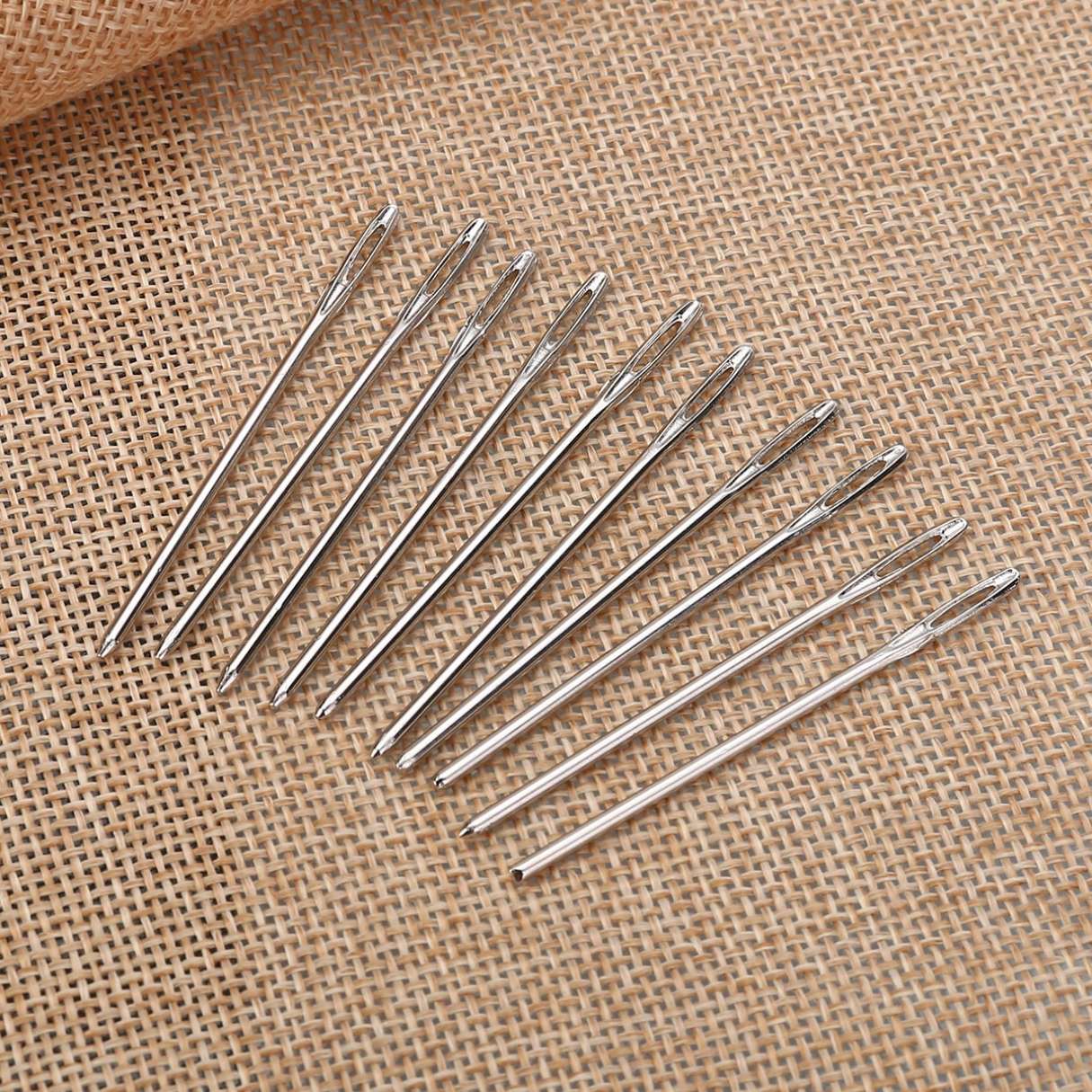
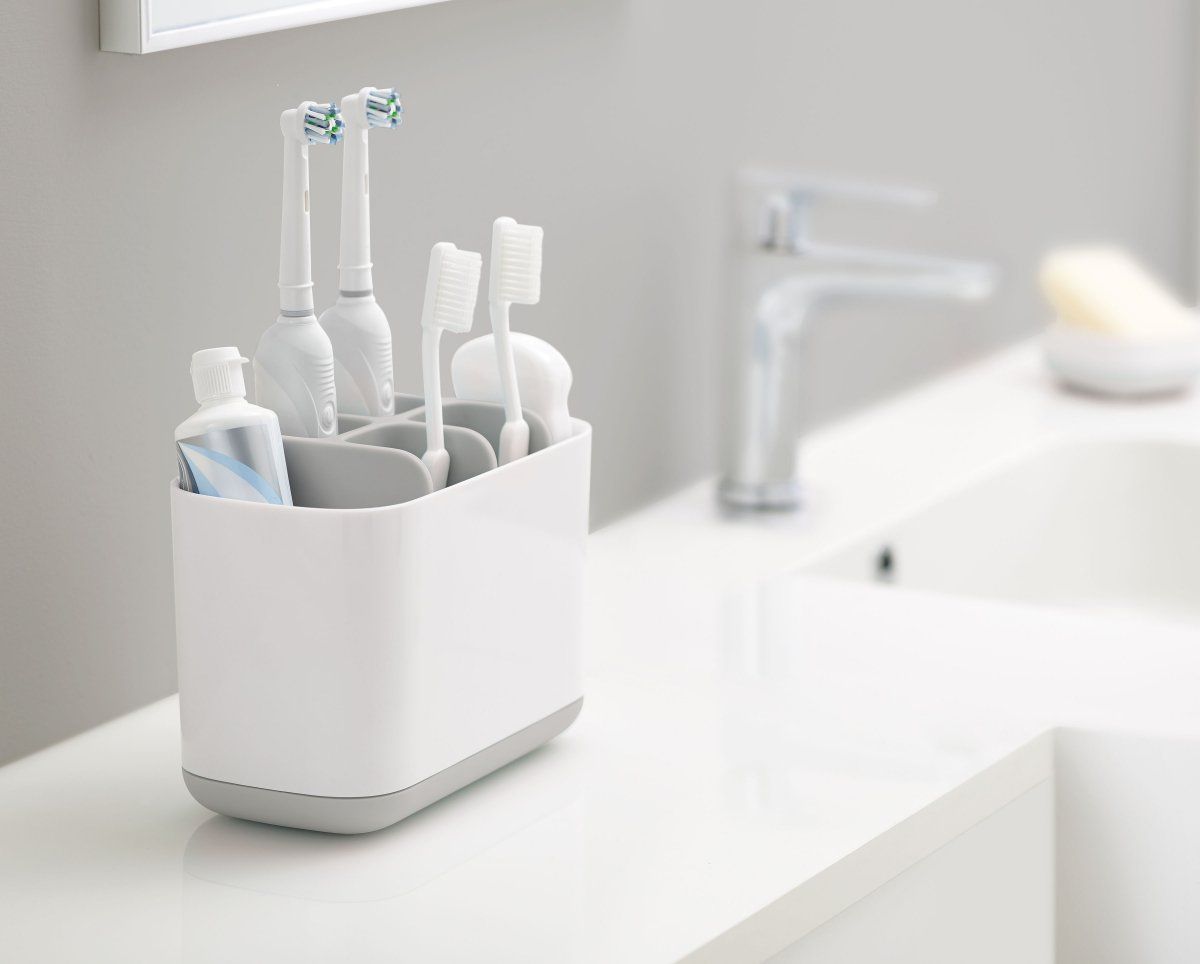
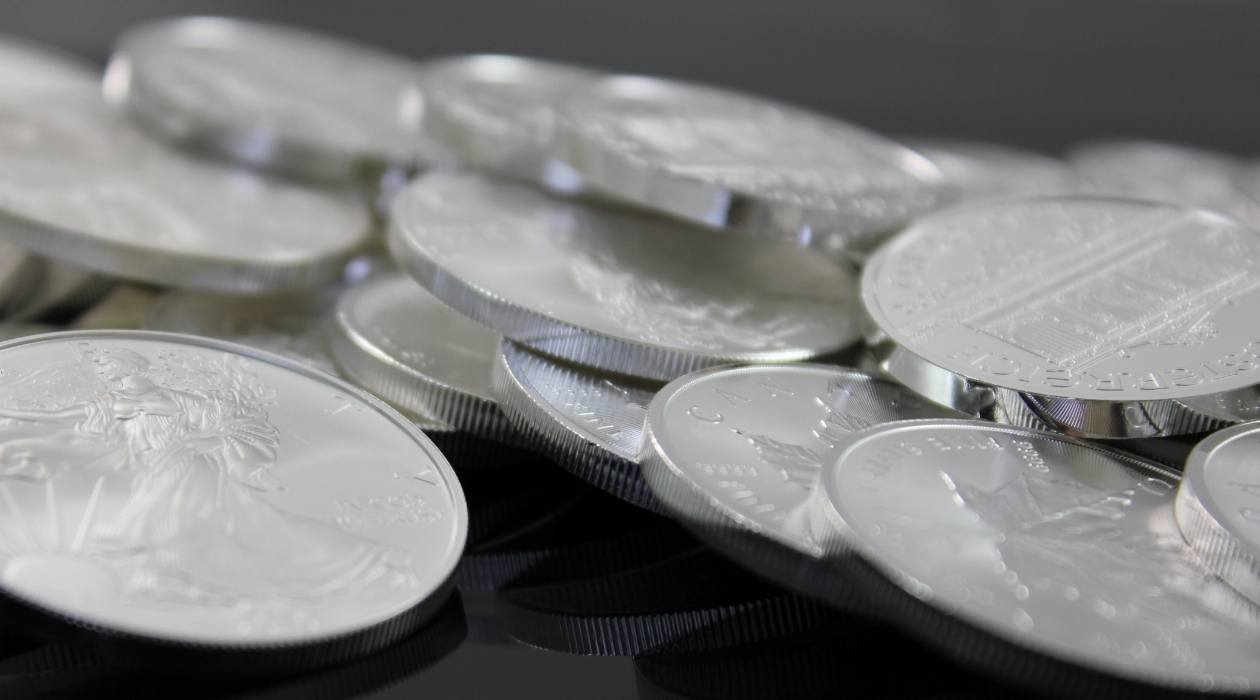
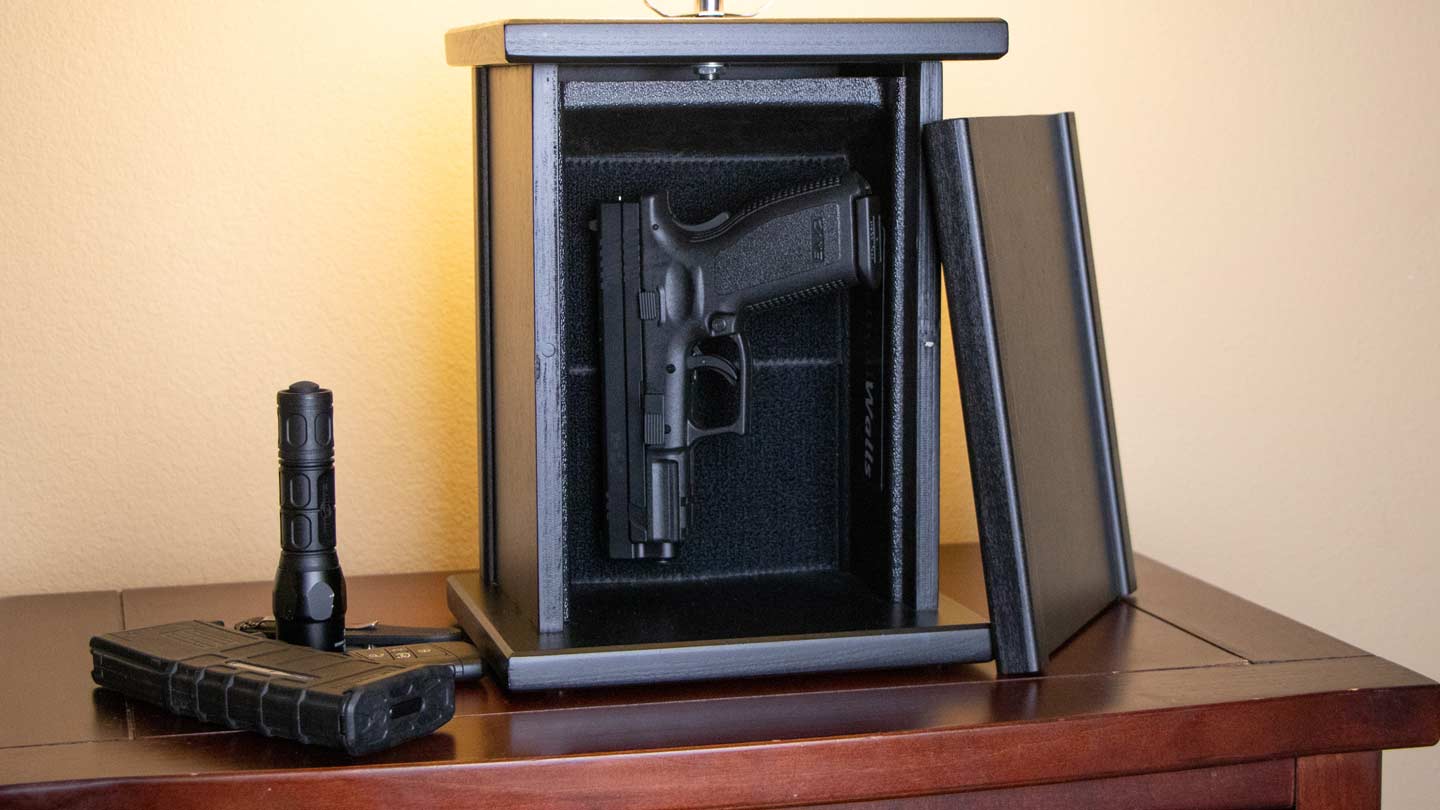
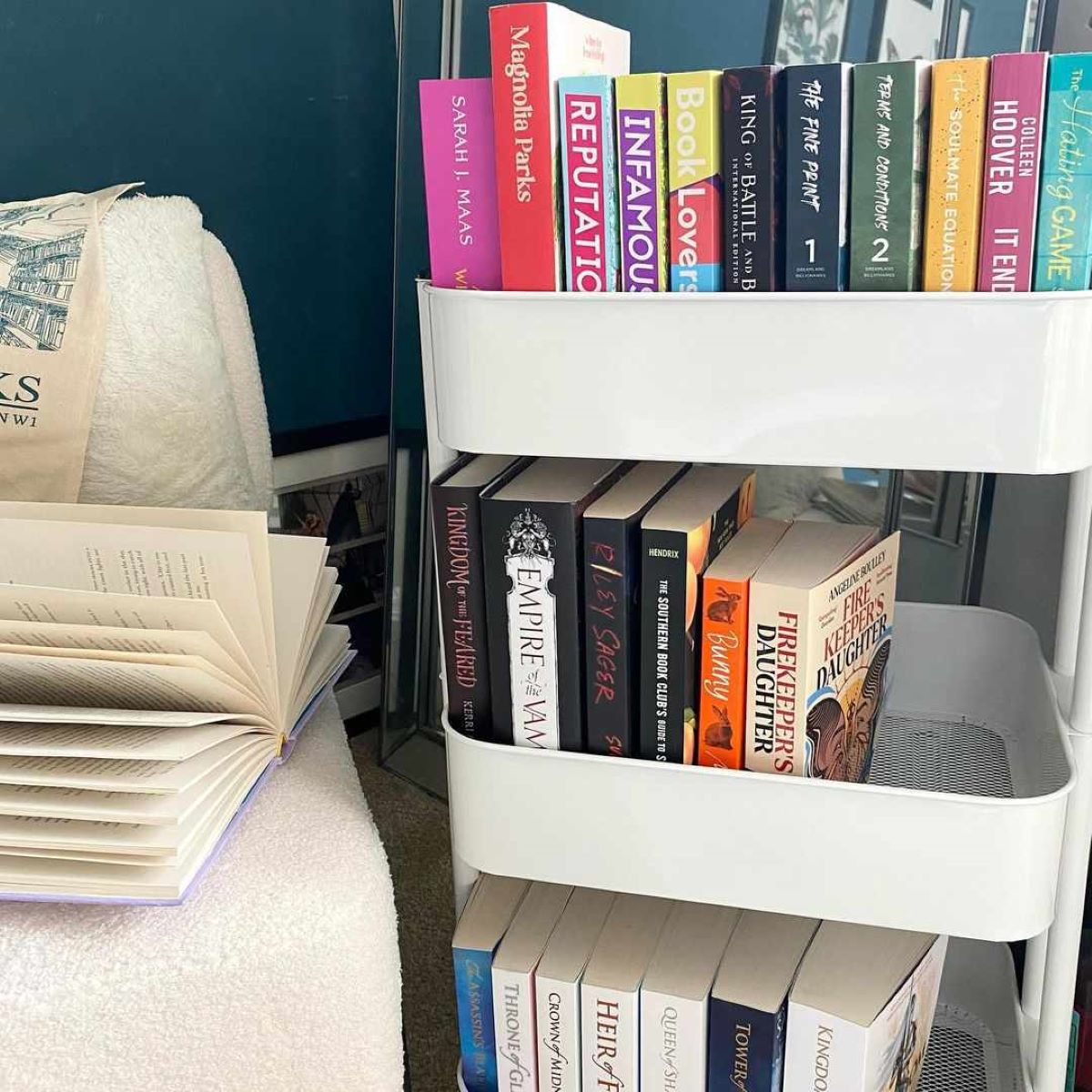
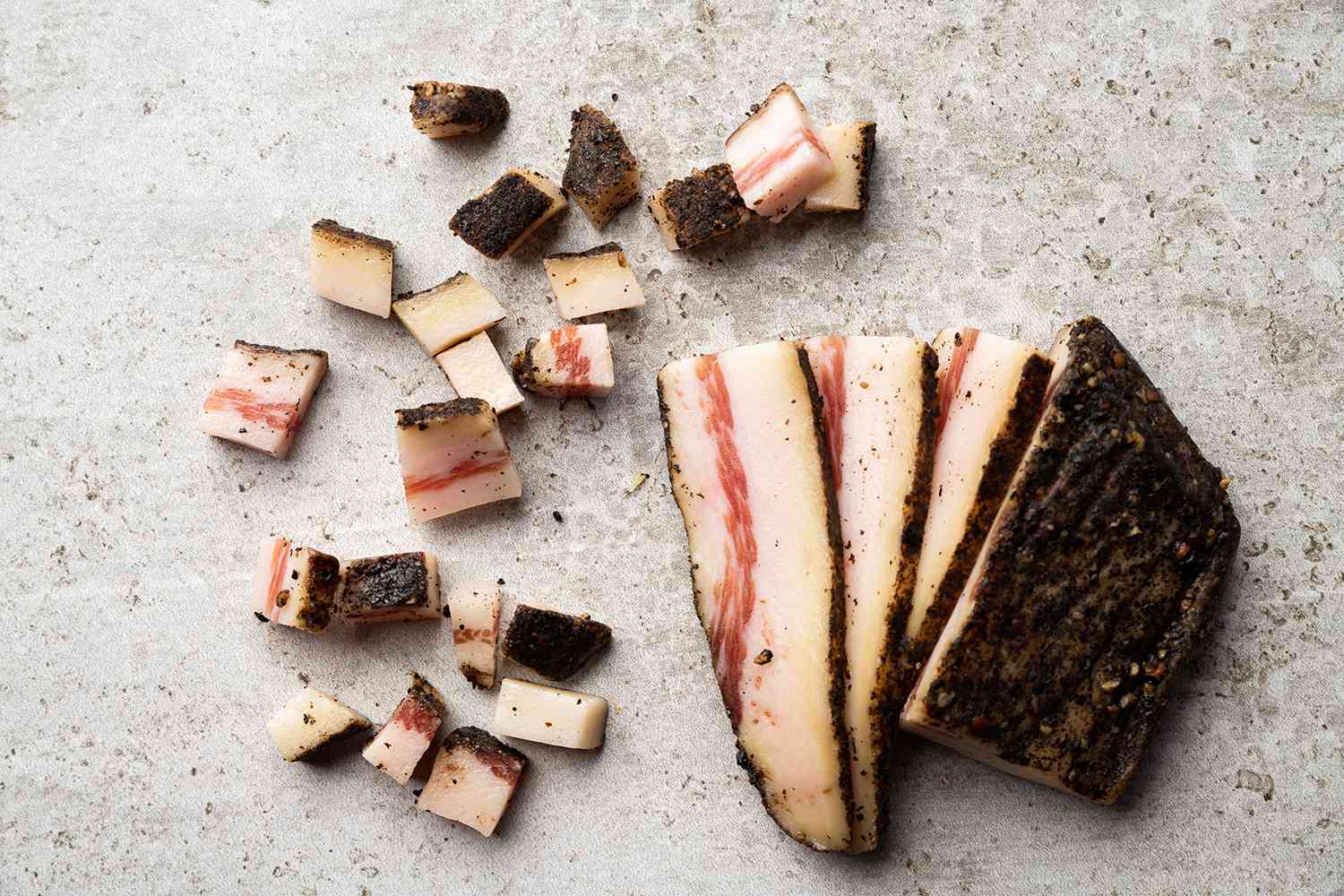
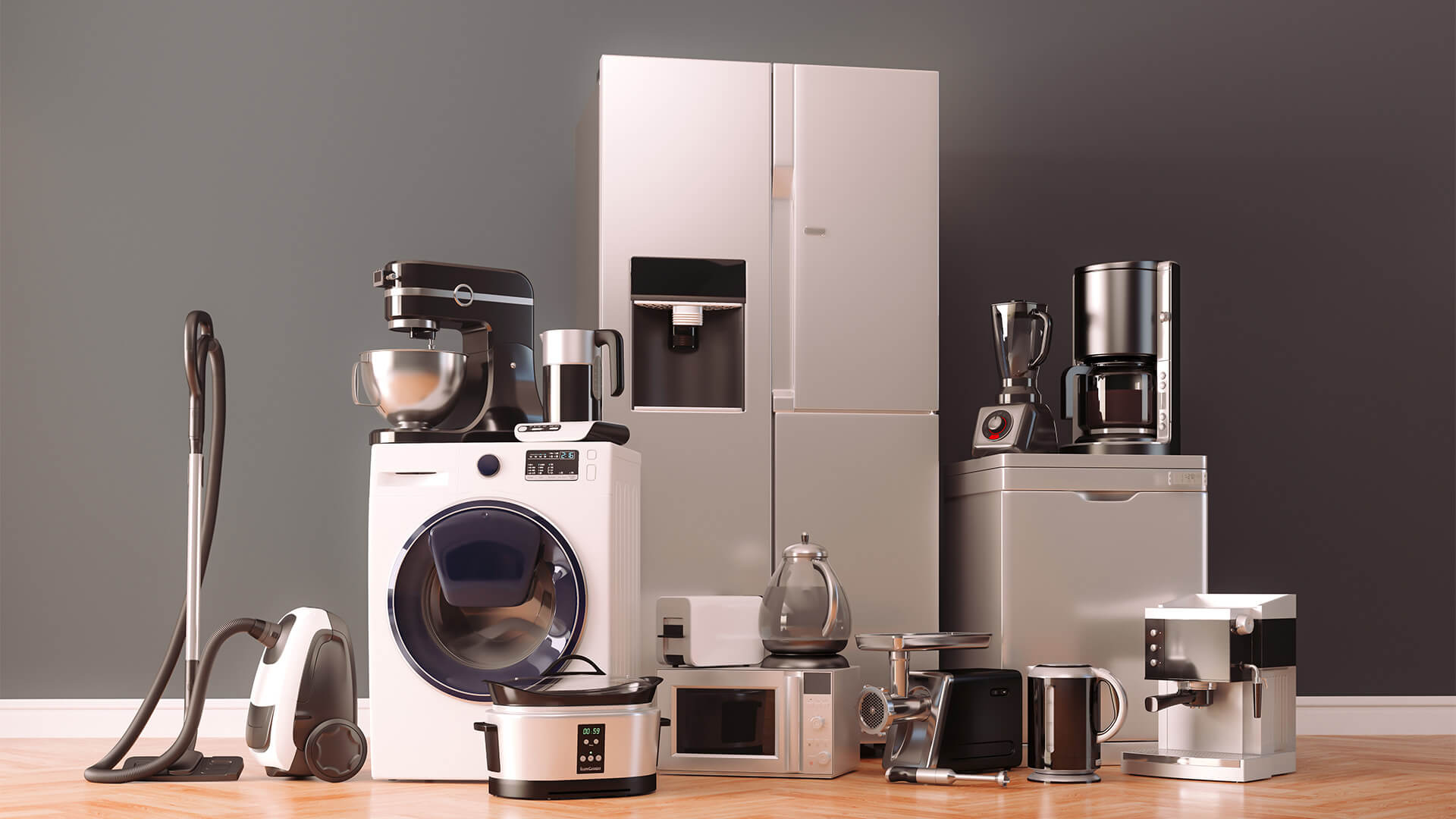
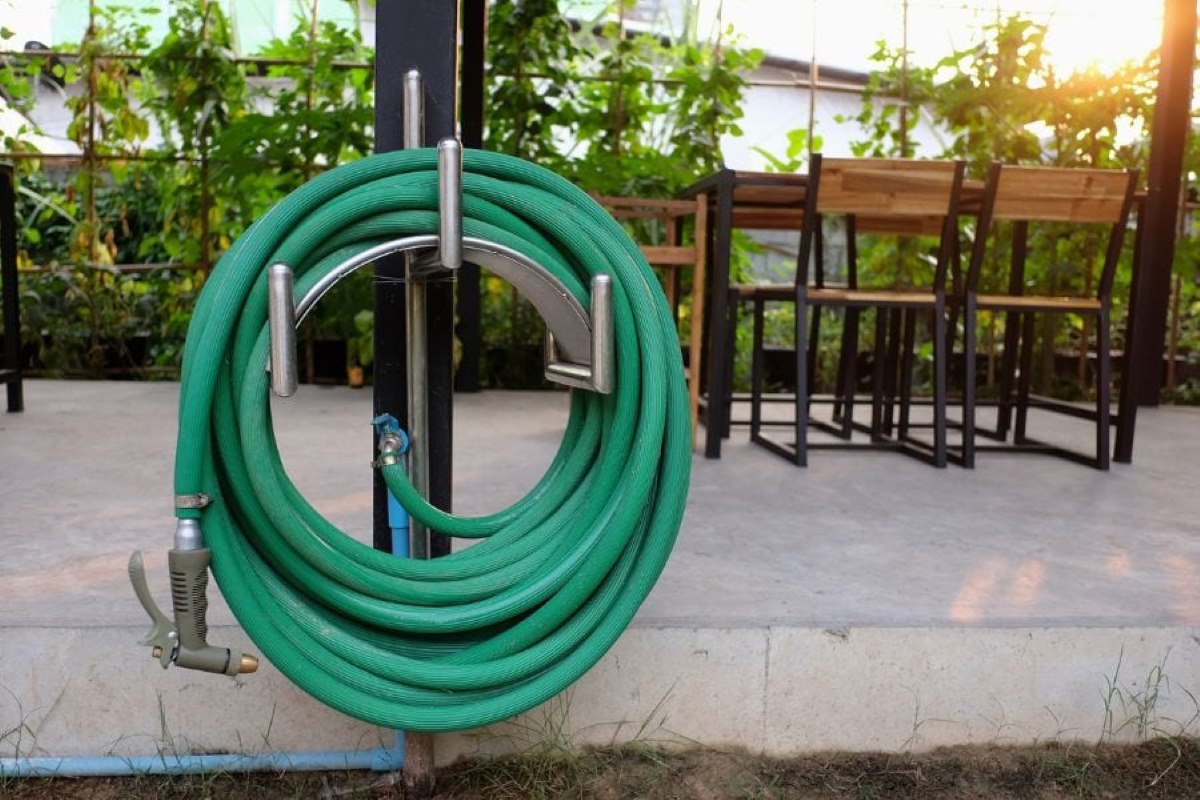
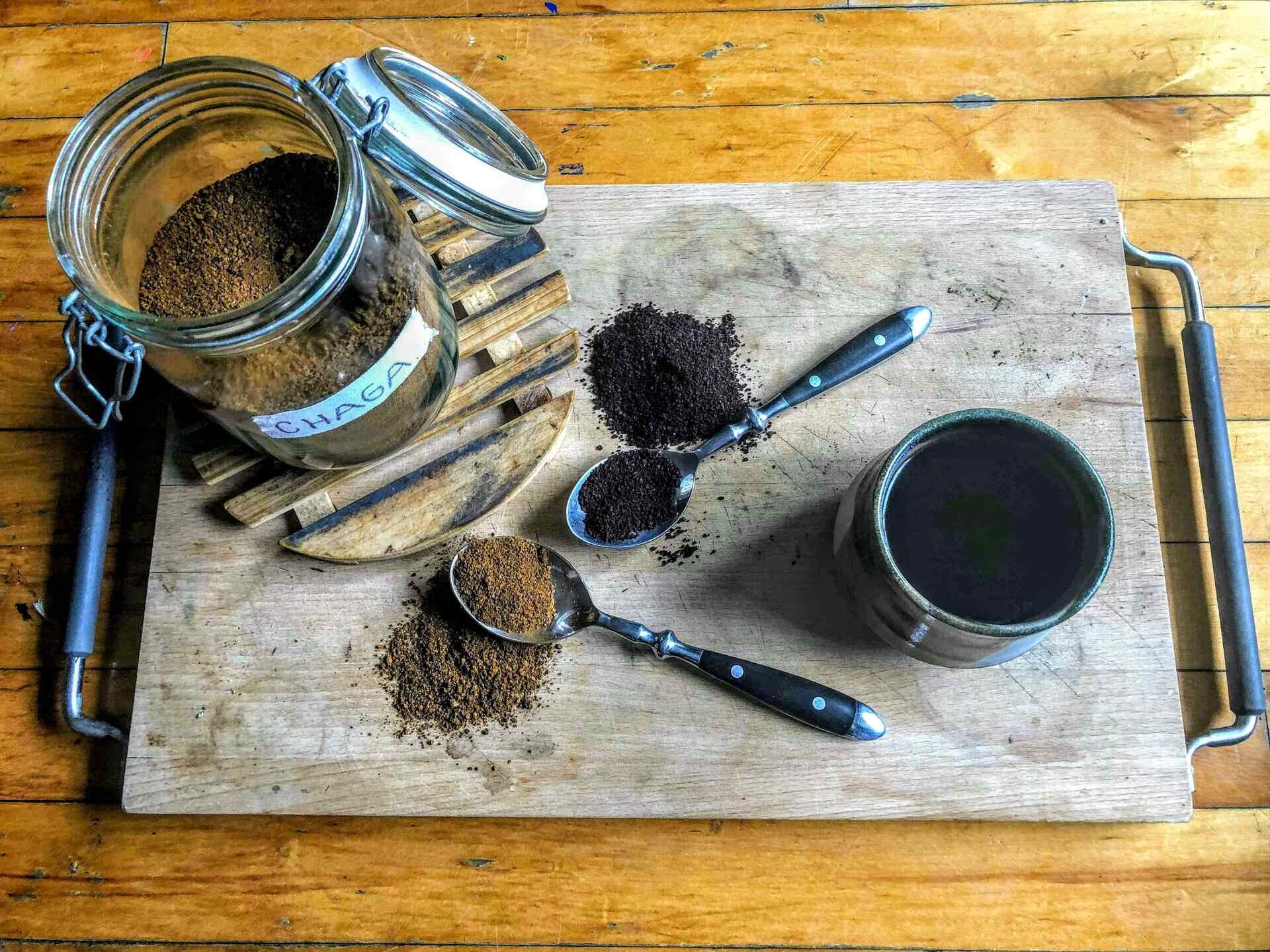


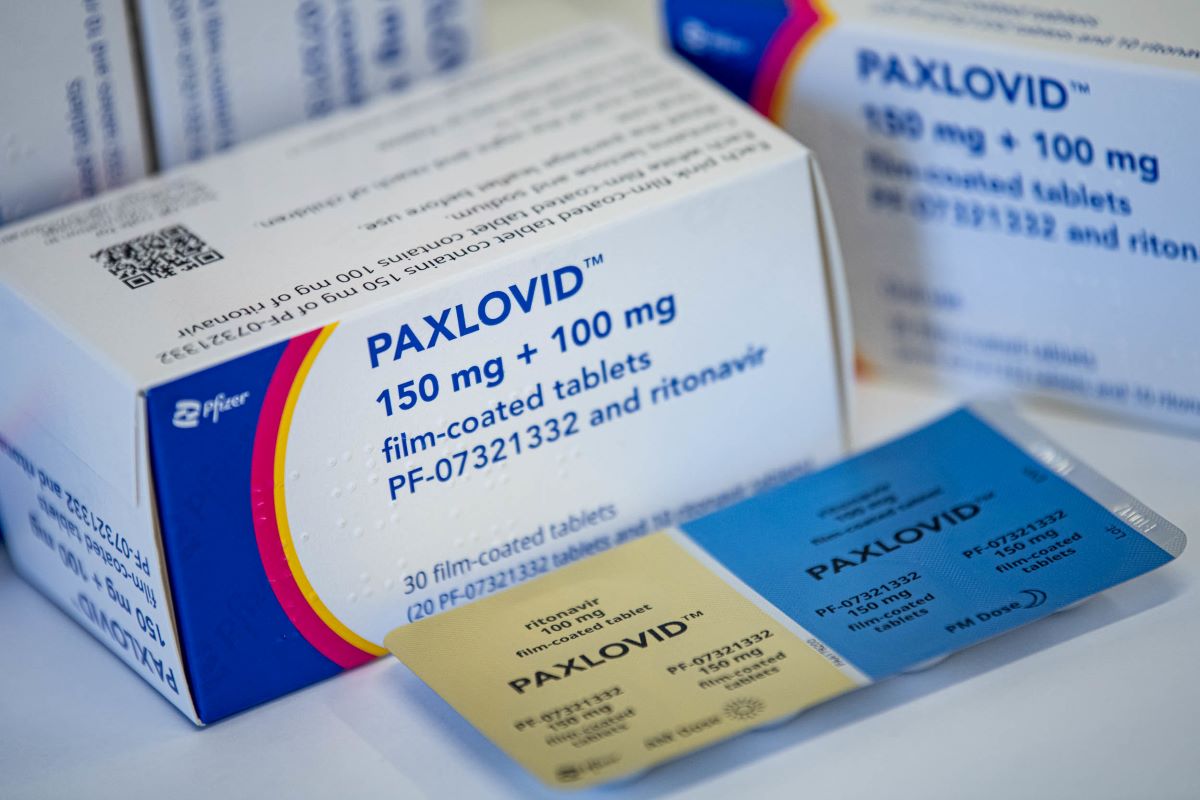

0 thoughts on “How To Store Soju”